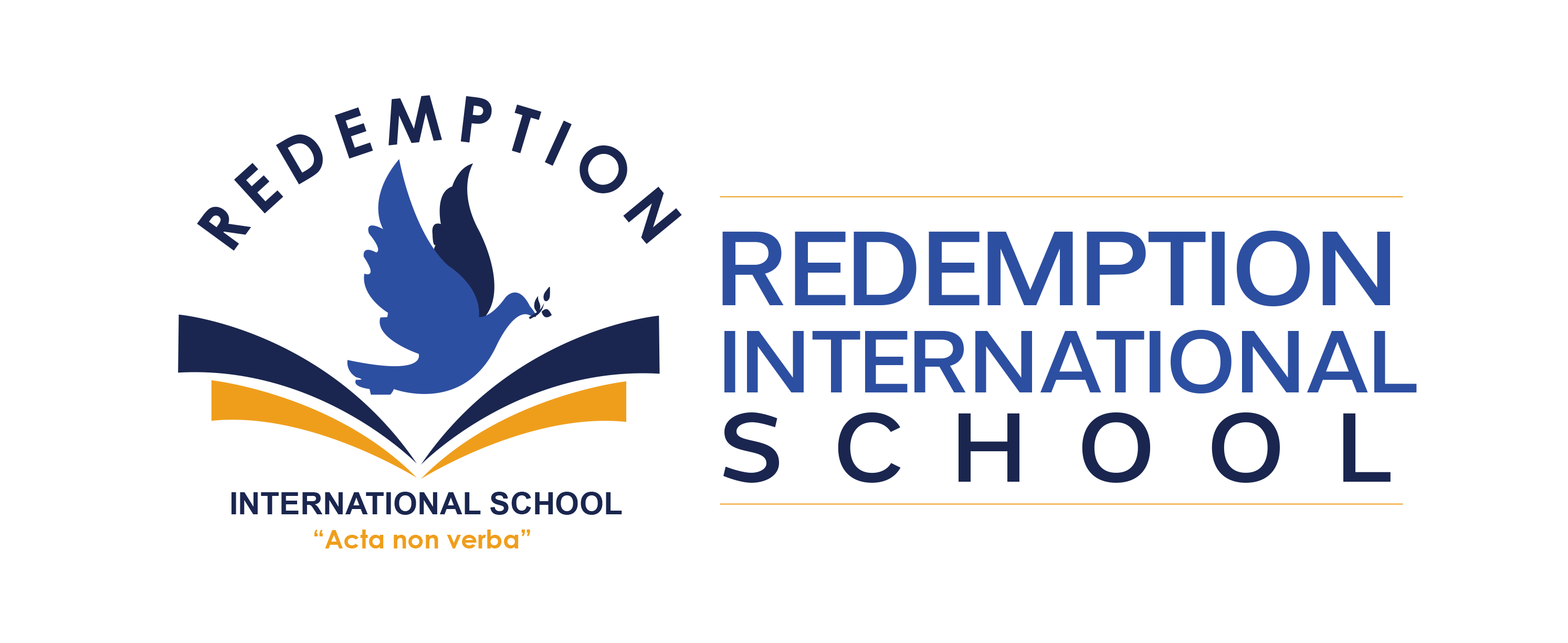In today’s interconnected world, speaking more than one language is more than just a skill—it’s a superpower. That’s why at Redemption International School, we actively promote multilingualism as a core part of our learning experience. Whether it’s English, French, Kiswahili, or mother tongue integration, our students aren’t just learning to speak—they’re learning to connect, think critically, and grow into global citizens.
Why Multilingualism Matters
Multiple studies show that children who learn more than one language develop stronger cognitive skills, better memory, and greater cultural awareness. Learning languages improves problem-solving, boosts creativity, and even enhances performance in other subjects. More importantly, it teaches empathy and the ability to understand different perspectives—a skill that’s crucial in today’s diverse world.
Language Learning Under ACE & CBC
Both the ACE (Accelerated Christian Education) and CBC (Competency-Based Curriculum) systems support the development of multilingual skills. In CBC, learners are encouraged to use their home languages while building proficiency in English and Kiswahili. In ACE, students develop strong reading, writing, and oral communication skills, with opportunities to engage in foreign language programs like French.
How We Make It Work
At Redemption International School, language isn’t taught in isolation. It’s integrated across the curriculum through songs, stories, role-play, cultural days, and daily conversation practice. Our French Language Day is a good example—it brings learning to life with music, art, and student presentations, helping learners experience a new language in an immersive and joyful way.
Building Confidence Through Communication
When children learn multiple languages, they gain more than vocabulary. They become confident speakers, active listeners, and curious learners. Multilingualism builds self-expression and the courage to engage with the world, both inside and outside the classroom.
Final Thoughts
Speaking more truly is learning more. By teaching multiple languages, we prepare our students not only to succeed academically but to engage with the world meaningfully and respectfully. Multilingualism empowers our learners to lead, connect, and thrive.



Leave A Comment